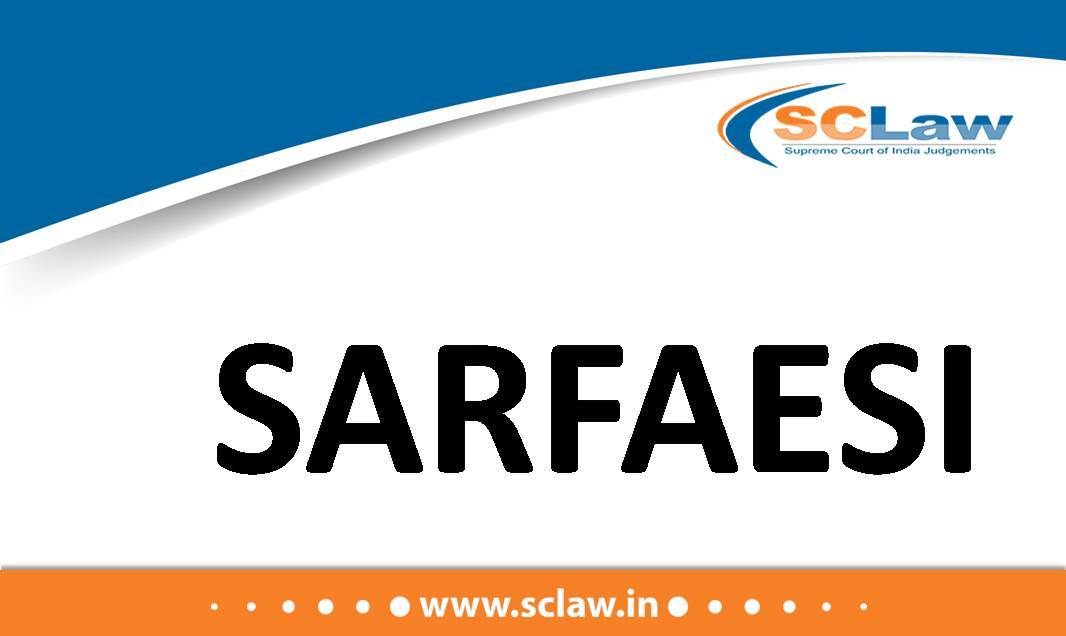IMP – Commercial Suits – Time limit for filing written statement – in the ordinary circumstances, the mandates of Rule 1(1) of Order V, Rule 1 of Order VIII as also Rule 10 of Order VIII, as applicable to the Commercial dispute of a Specified Value, do operate in the manner that after expiry of 120th day from the date of service of summons, the defendant forfeits the right to submit his written statement and the Court cannot allow the same to be taken on record but
SUPREME COURT OF INDIA DIVISION BENCH PRAKASH CORPORATES — Appellant Vs. DEE VEE PROJECTS LIMITED — Respondent ( Before : Dinesh Maheshwari and Vikram Nath, JJ. ) Civil Appeal No(s).…









